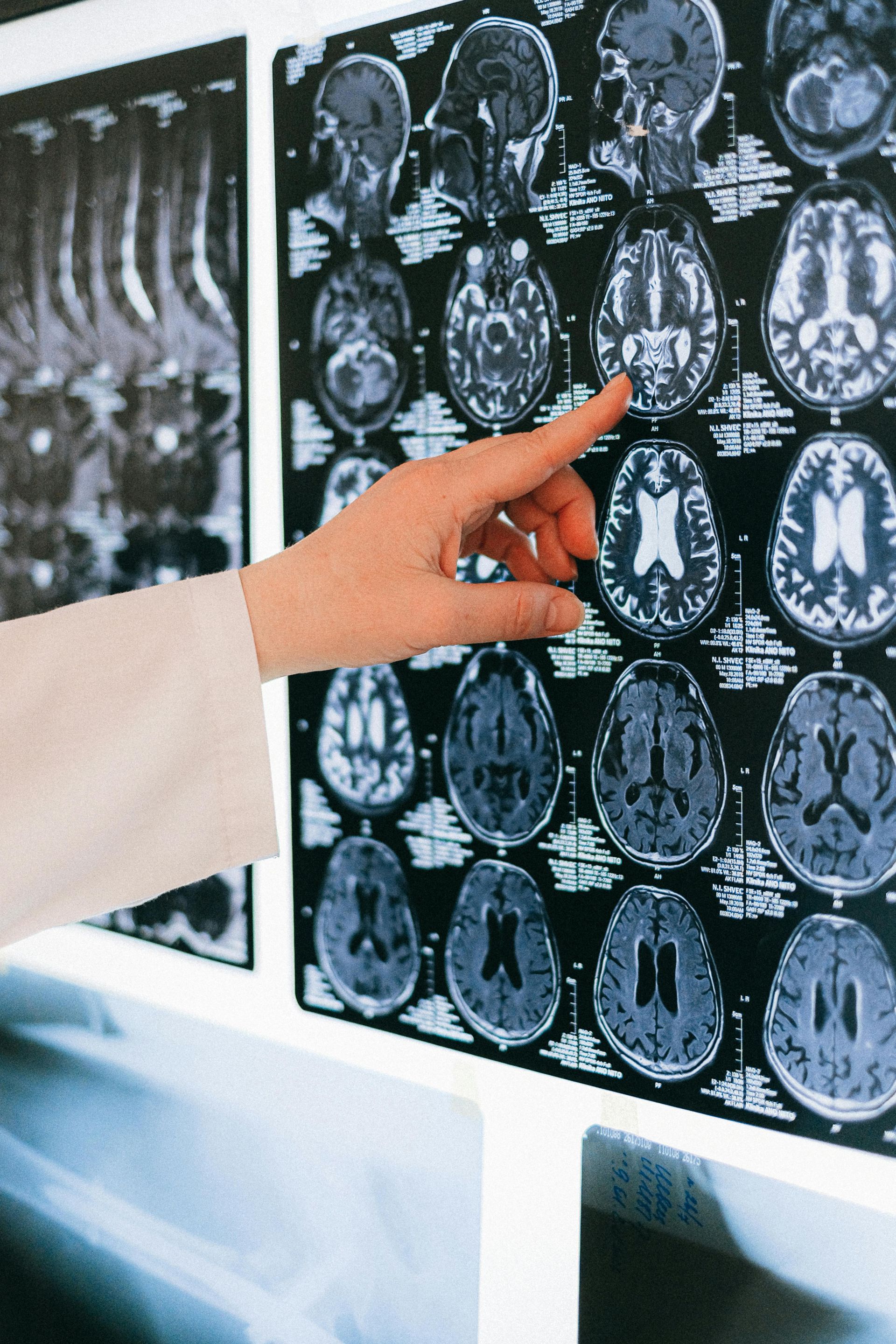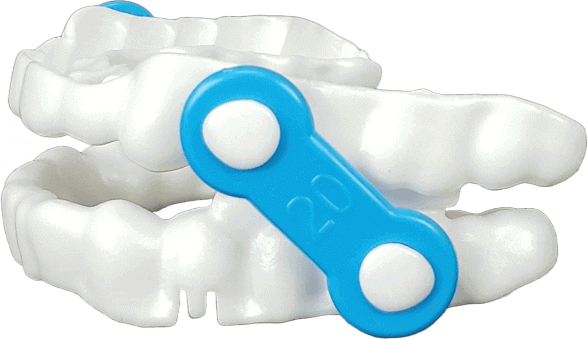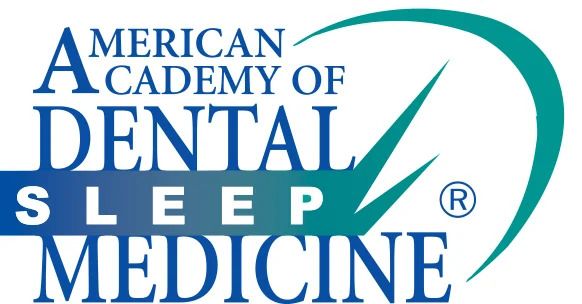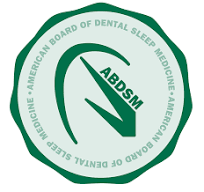Neurological Symptoms of TMJ: What You Need to Know

Understanding the Neurological Symptoms of TMJ
Because of its close relationship to major nerve pathways like the trigeminal nerve, the temporomandibular joint (TMJ) can create far-reaching effects when irritated or strained. Instead of staying confined to the jaw, the resulting nerve overload often triggers referred pain, sensations felt in areas such as the temples, ears, or neck. These nerve-related issues are sometimes called “neurological” symptoms of TMJ disorders. While they may feel like they stem from the brain, they usually arise from the jaw’s position at the crossroads of muscles, joints, and nerves serving the head and neck.
Common neurological symptoms of TMJ disorders include:
- Headaches
- Ear pain or tinnitus
- Dizziness or imbalance
- Tingling or numbness
TMJ specialists Dr. Katherine Phillips and Dr. YC Joseph FischerHahm of Restore TMJ and Sleep Therapy in The Woodlands bring decades of focused expertise in diagnosing and treating the complex neurological symptoms of TMJ disorders. Using advanced digital imaging and personalized, non-invasive treatment plans, they help patients find relief from issues like nerve-related pain, dizziness, and imbalance by reducing jaw strain, easing muscle tension, and calming overloaded nerve pathways. Their comprehensive approach is designed to address not just the jaw itself, but its far-reaching effects on the nervous system, so you can get back to doing the things you love.
The Connection Between Your Jaw and Your Nervous System
Your temporomandibular joint (TMJ), located just in front of your ears, is more than just a hinge for your jaw; it’s closely tied to your nervous system. Running alongside it are critical neural pathways, including the trigeminal nerve, which not only controls chewing but also carries sensations like pain, pressure, and temperature from your face to your brain. When jaw muscles tighten from clenching, grinding, or strain, they can irritate or overload these nerves, sparking discomfort that extends well beyond the joint itself.
Because these nerve pathways are deeply interconnected, irritation in the TMJ doesn’t always stay localized. Instead, it can trigger referred pain, which is pain felt in an area different from where it originates. This is why a problem in the jaw may create discomfort in your temples, forehead, or even your neck and shoulders. The nervous system essentially “misroutes” the signals, making it feel as though the pain is coming from another part of your body.
The “neurological” symptoms of TMJ disorders refer to these nerve-related effects. People may experience issues such as headaches, ear ringing, dizziness, or odd tingling sensations. While they feel neurological, they don’t necessarily mean something is wrong with the brain itself. Instead, they stem from the TMJ’s position at the crossroads of muscles, joints, and nerves that also serve the head and neck. When that system is disrupted, it can send ripple effects outward, creating overlapping symptoms that may seem unrelated but often trace back to the jaw.
Common Neurological Symptoms of TMJ Disorders
TMJ-related neurological symptoms aren’t rare and studies show an especially strong link between TMJ and headaches. A broad meta-analysis in 2022 found that about 83% of individuals with painful TMJ symptoms also had headaches, with migraines being especially common. Additionally, another 2022 study showed that a large percentage of people with TMJ also report ear symptoms like fullness, vertigo, or tinnitus.
Here are 4 common neurological symptoms of TMJ disorders:
1. Headaches
Headaches are one of the most common neurological complaints linked to TMJ disorders. Because the trigeminal nerve branches extend through the jaw, face, and temples, irritation or tension in the jaw muscles can trigger pain that radiates into the head and face. For some, this shows up as a band of tightness across the forehead or temples, resembling a tension headache. For others, it can amplify into migraines, especially if jaw clenching or teeth grinding happens during sleep. These headaches may worsen with chewing, talking, or stress, and can feel stubborn even when other treatments don’t help.
However, you should seek immediate medical attention for any sudden, severe headaches or those that cause changes to your speech or vision.
2. Ear Pain
The jaw joint sits just in front of the ear canal and shares many of the same nerve pathways. Because of this close relationship, problems in the TMJ can produce symptoms that seem like ear trouble. People may notice fullness, pressure, or popping in their ears, while others experience ringing or buzzing (tinnitus) that flares during periods of jaw tension. In some cases, sounds may feel louder or more uncomfortable than usual, or subtle shifts in hearing may appear, even when no actual ear disease is present.
3. Dizziness, Vertigo, and Feeling Off Balance
The nervous system relies heavily on the inner ear to maintain balance, and the TMJ’s close proximity means dysfunction here can sometimes influence those signals. Inflammation or overactive muscles near the joint may disturb nearby structures, creating sensations of imbalance. While not always the spinning of true vertigo, people often describe feeling unsteady, swaying when standing still, or carrying a heavy-headed sensation. These experiences vary widely from person to person and can be confusing when standard ENT or neurology tests come back normal.
4. Tingling, Numbness, and Odd Sensations
Because the trigeminal and surrounding nerves carry sensation from the jaw and face to the brain, TMJ dysfunction can sometimes lead to unusual feelings like tingling, buzzing, or mild numbness. These sensations are usually caused by temporary pressure or irritation of the nerves rather than permanent damage. Some people feel fleeting prickles in the cheeks or jawline, while others may notice a spreading discomfort into the neck or shoulders. Although these sensations are generally harmless, more severe or progressive neurological symptoms should always be checked by a medical professional.
If you experience more severe numbness, shocks of pain or spasms, weakness, or facial drooping, you should seek medical attention immediately. These symptoms aren’t typical for TMJ and could point to something more urgent.
How Comprehensive TMJ Treatment Tackles Neurological Symptoms
Because of the complex network of muscles, joints, and nerves in the head and neck, the effects of a TMJ disorder often extend well beyond jaw discomfort, and studying the symptoms–or the TMJ–in isolation does little to provide lasting relief. A comprehensive treatment approach from an experienced TMJ specialist, however, addresses not just the joint itself, but these interconnected systems, aiming to restore harmony and reduce nerve-related symptoms like headaches, ear pressure, dizziness, and odd sensations for better, longer-lasting results. By simultaneously targeting both structure and function through multiple facets like jaw alignment, reduced inflammation and muscle tension, and improved neural pathways, comprehensive TMJ treatment does more than just dull the discomfort.
Here’s how a comprehensive approach to TMJ treatment can help address the root problems of your neurological symptoms instead of covering them up.
Splint Therapy (TMJ Appliances)
A common, non-invasive treatment, TMJ splints—similar to mouthguards—help stabilize the jaw and ease pressure on surrounding muscles and joints. By promoting proper alignment, splint therapy can calm irritated nerves and reduce referred pain that travels along the trigeminal pathway.
This FDA-approved, medication-free method uses low-level light energy to stimulate healing in inflamed tissues and joints. It encourages better blood flow (neovascularization) and cellular cleanup (angiogenesis), helping reduce inflammation and tissue stress and lowering nerve sensitivity around the TMJ.
Physical Therapy and Muscle Relaxation Techniques
Targeted exercises and manual therapies relieve tension in the jaw, neck, and related muscles, reducing the chance of nerve compression or irritation that can lead to headaches or referred pain.
For stubborn muscle knots that press on nerve fibers or radiate pain outward, small injections can help deactivate trigger points. This results in immediate muscle release and reduced nerve irritation (with pain relief often felt in broader areas like the temples or neck).
Therapeutic Botox is a targeted, non-surgical treatment that works by temporarily relaxing overactive jaw muscles responsible for clenching, grinding, and tension. By reducing excessive muscle activity, Botox helps relieve strain on the TMJ, decreases pressure on nearby nerves, and eases pain that can radiate to the temples, ears, or neck. This not only calms overworked muscles but also helps break the cycle of chronic discomfort.
When Your Neurological Symptoms Might Be More than TMJ
While TMJ disorders can cause a wide range of neurological symptoms, not every issue stems from your jaw. Some signs may point to more serious neurological or medical conditions that require immediate attention. If you experience sudden, severe, or unusual symptoms, it’s important to seek prompt medical care rather than assuming they’re TMJ-related.
You should get immediate medical attention if you notice:
- Sudden hearing loss
- Drooping on one side of your face
- Intense, sudden vertigo
- Facial pain that feels like sharp electric shocks
- Trouble speaking, walking, or thinking clearly
Treat Your TMJ-Related Neurological Symptoms at Restore TMJ and Sleep Therapy
By looking beyond surface-level symptoms, Dr. Phillips and Dr. FischerHahm focus on uncovering the underlying mechanisms that link jaw dysfunction to nerve-related discomfort. Their work emphasizes restoring balance to the entire system of joints, muscles, and neural pathways that influence both comfort and daily function. Through a combination of proven therapies and careful monitoring, they aim not only to relieve pain but also to improve overall quality of life. For patients struggling with persistent neurological symptoms that haven’t responded to other treatments, their expertise offers a path forward grounded in precision, compassion, and long-term results.
Don’t spend another day in pain. Schedule an appointment with Restore TMJ and Sleep Therapy today and find out how we can help with your TMJ-related neurological symptoms.
-2700x842-1920w.png)



















